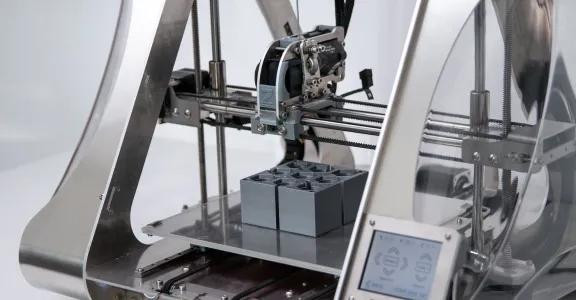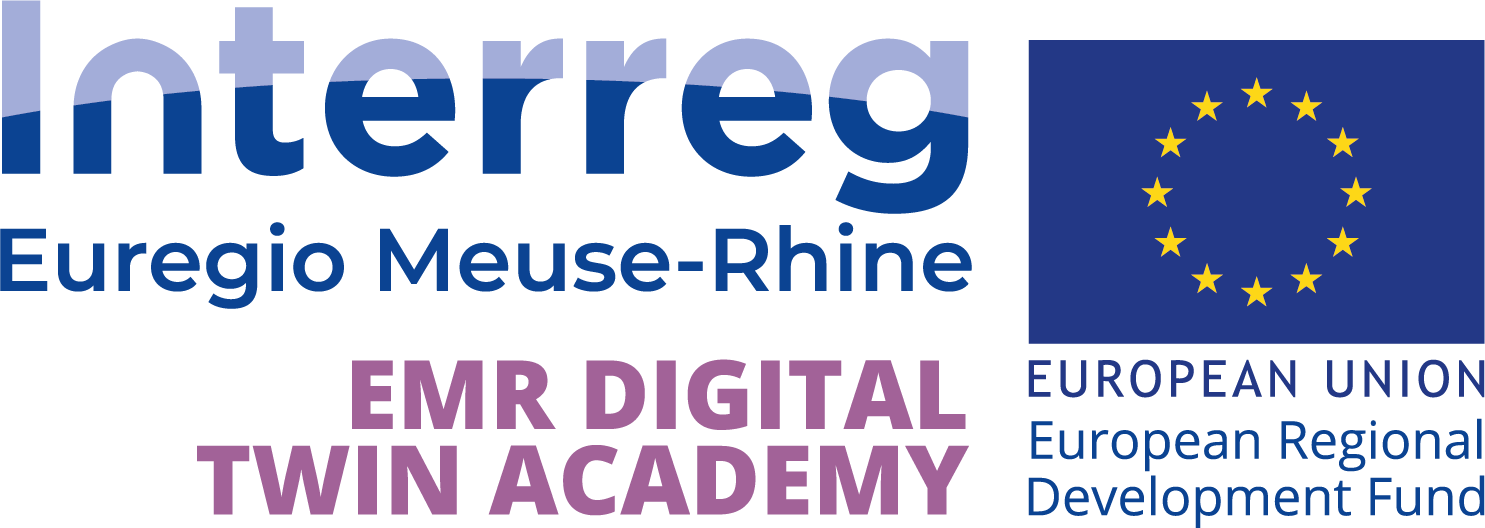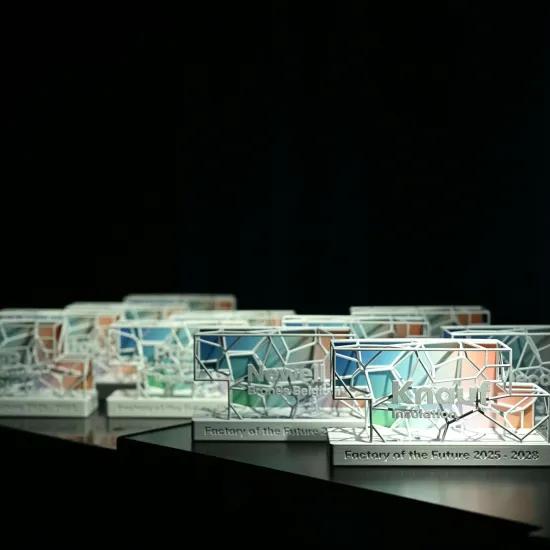Although a range of working methods and calculation models is available to help optimise a machining process, many of these have wholly or partly fallen into disuse. We are seeking to change that with our 'model-based machining' platform, in which these calculation models are freely available. This time, we are launching various models that help in the design of a good milling process.
In the machining industry, people often talk about 'adaptive machining', i.e. taking targeted actions based on the current production situation. The success of this depends on both having correct (real-time) data and the relevant structured and digitized working methods. The former is increasingly within reach thanks to the growing range of hardware and software, but for the latter, parameterized models (formulas) must be used to identify the optimal machining process. This is the crux of the matter as many calculation models have fallen into disuse or are only partially applied.
In our new 'model-based machining’ platform we offer both the old, trusted models and the latest academic developments in the form of practice-oriented applications. In the next update of the platform, we will launch several models for optimising a milling process: using the cutting force profile to ensure a more stable operation, identifying cutting areas, balancing feed cutting width and depth as well as a colour matrix in which dozens of machining conditions are calculated and their performance represented by means of colour.
In a webinar to take place on December 14, we will launch the new models, explain their potential and limitations and provide a short demonstration. Participation in the webinar is free, but registration is required, so sign up now!
Online platform
On the platform you will also find any explanations you might need about working with the models, but be sure to keep an eye on the Sirris diary, because we will be organizing both physical and online explanation sessions.
Would you like to know more? Then get in contact with us.
The online platform falls under the COCK project ‘Model-based machining', which was established with support from the Flemish Enterprise and Innovation Agency, VLAIO.
|
|






